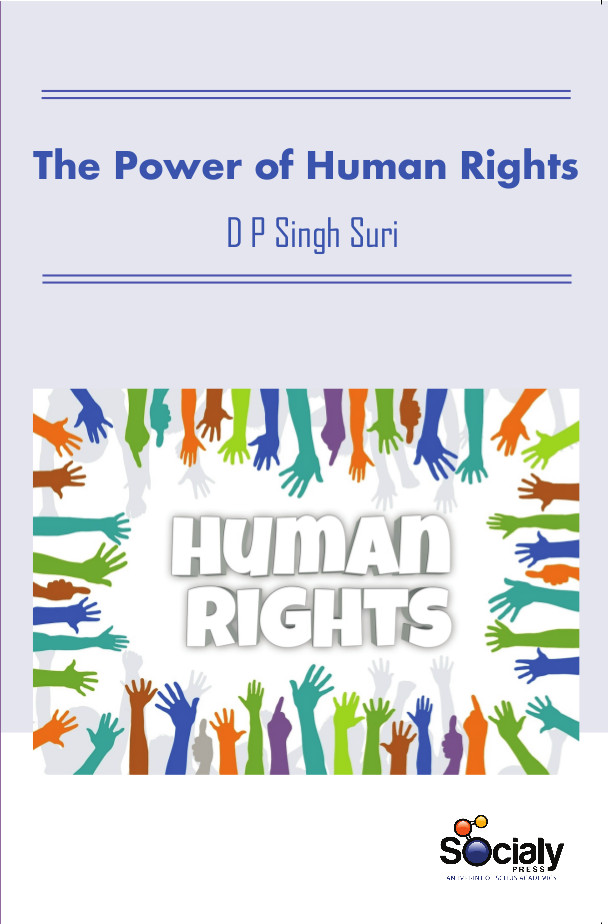The concept of human rights implies that basic rights belong to every member of the human race. From the moral perspective, human rights refer simply to the morally justifiable claims that every human should be able to make upon society. Human rights are a product of a philosophical debate that has raged for over two thousand years within the European societies and their colonial descendants. This argument has focused on a search for moral standards of political organization and behavior that is independent of the contemporary society. In other words, many people have been unsatisfied with the notion that what is right or good is simply what a particular society or ruling elite feels is right or good at any given time. This unease has led to a quest for enduring moral imperatives that bind societies and their rulers over time and from place to place. Fierce debates raged among political philosophers as these issues were argued through. While a path was paved by successive thinkers that lead to contemporary human rights, a second lane was laid down at the same time by those who resisted this direction. The emergence of human rights from the natural rights tradition did not come without opposition, as some argued that rights could only from the law of a particular society and could not come from any natural or inherent source. The human rights violations in the 21st century seem inexhaustible. In the Syrian civil war, sarin gas killed many civilians, with the government the likely culprit, and both the government and rebels executed captured enemy combatants. In the Democratic Republic of the Congo, rebel groups forced hundreds of children to serve as child soldiers. Religious minorities are often persecuted: In Burma, more than 125,000 Muslims have been ethnically cleansed by Buddhist forces. In the Central African Republic, both Christian and Muslim militia killed civilians of the other faith. The International Labor Organization estimates that 21 million are victims of forced labor. Arbitrary detention and torture were used in many countries.
The Power of Human Rights focuses on practices and policies within a theoretical perspective in order to link empirical research to broader human rights issues. This changed international environment is ultimately more important than specific country features and economics in explaining the spread of human rights norms around the world. This Book will be of useful for practitioners, policymakers and advocates alike.













